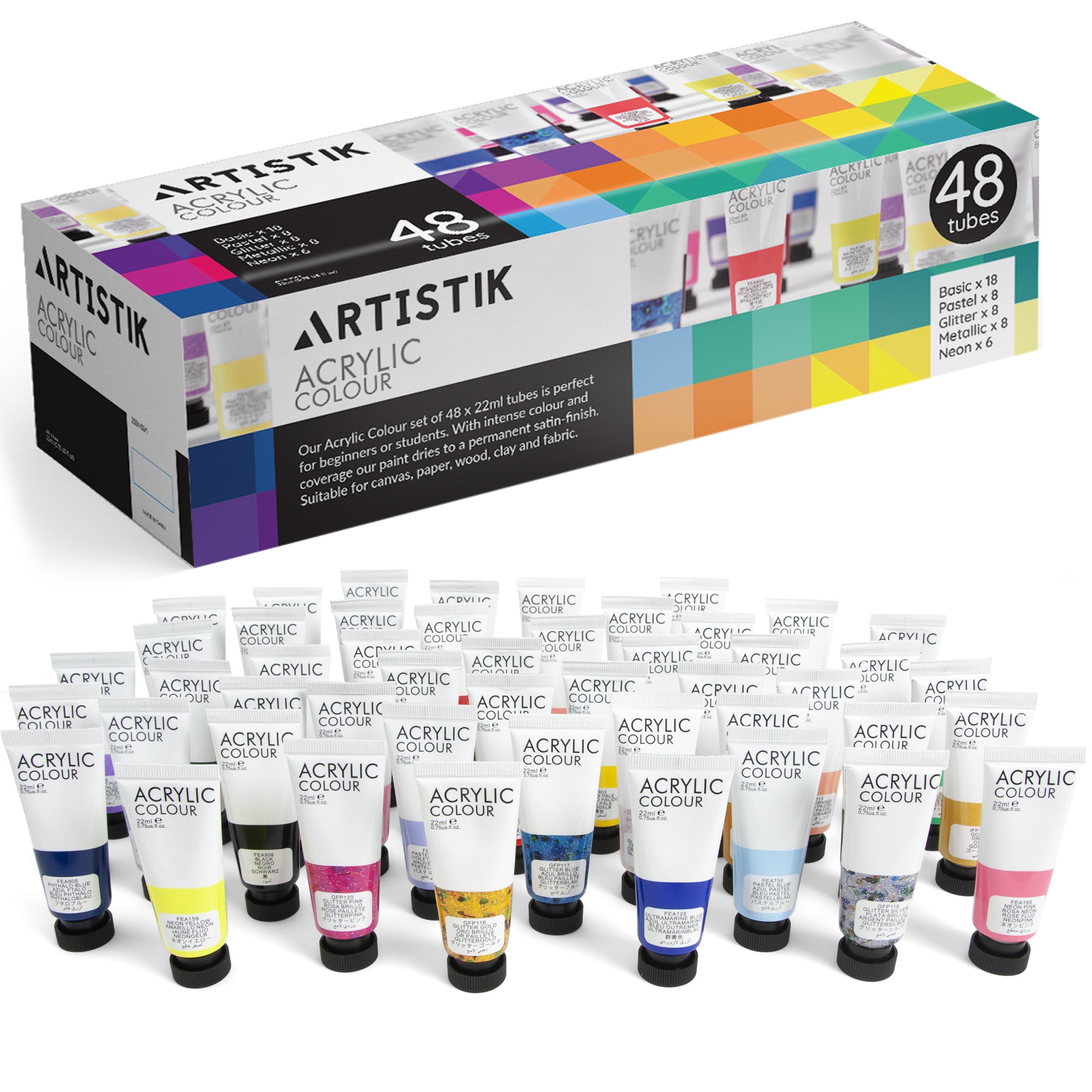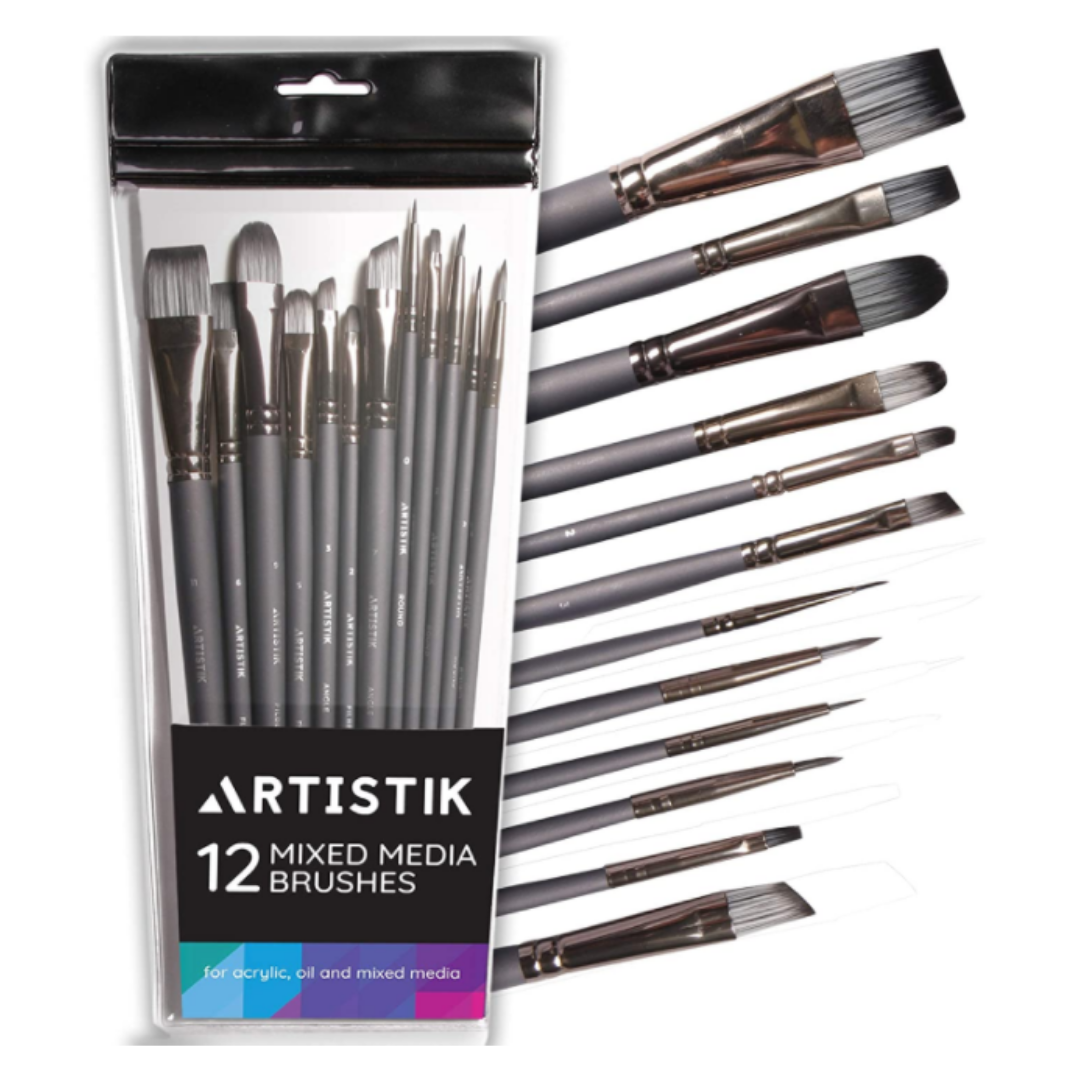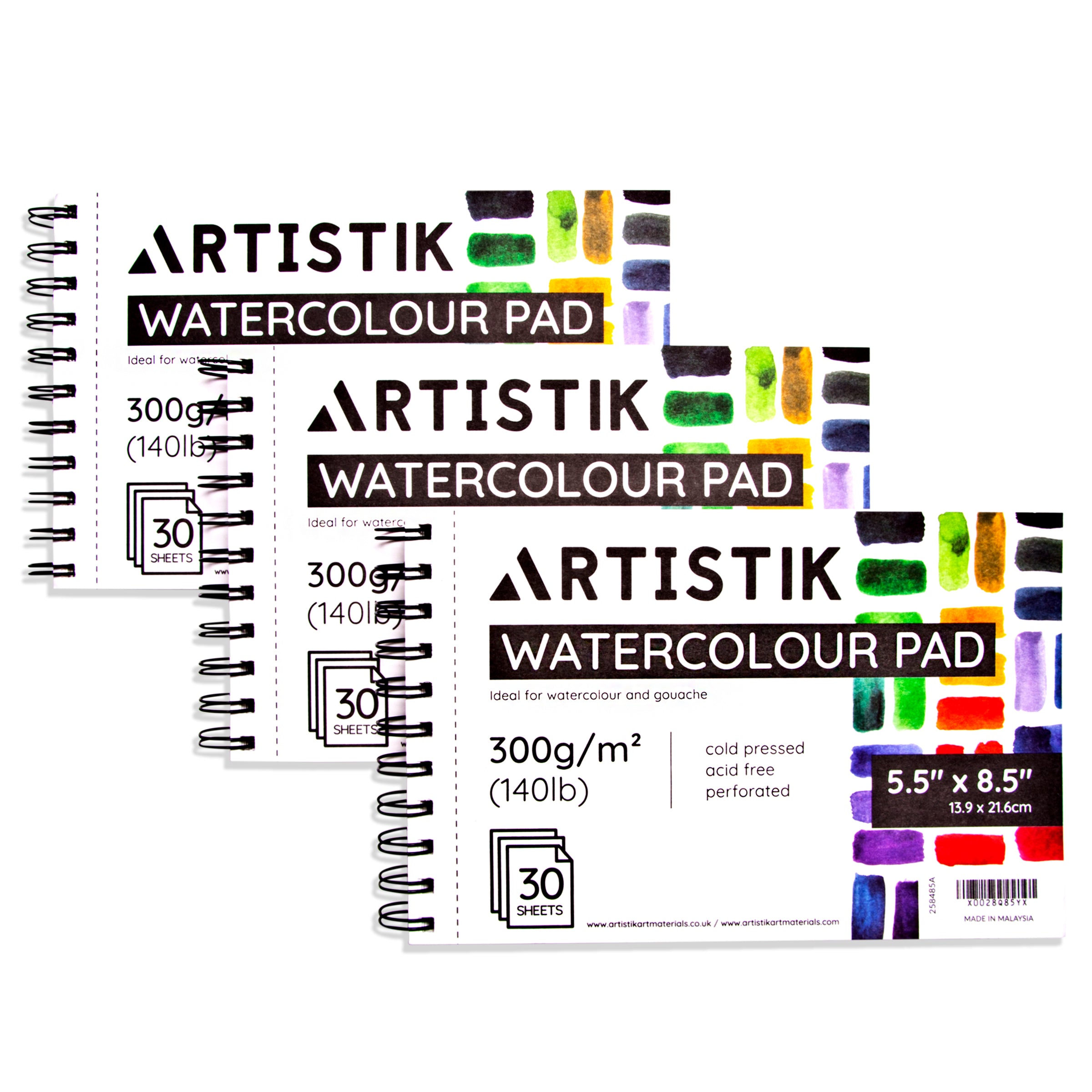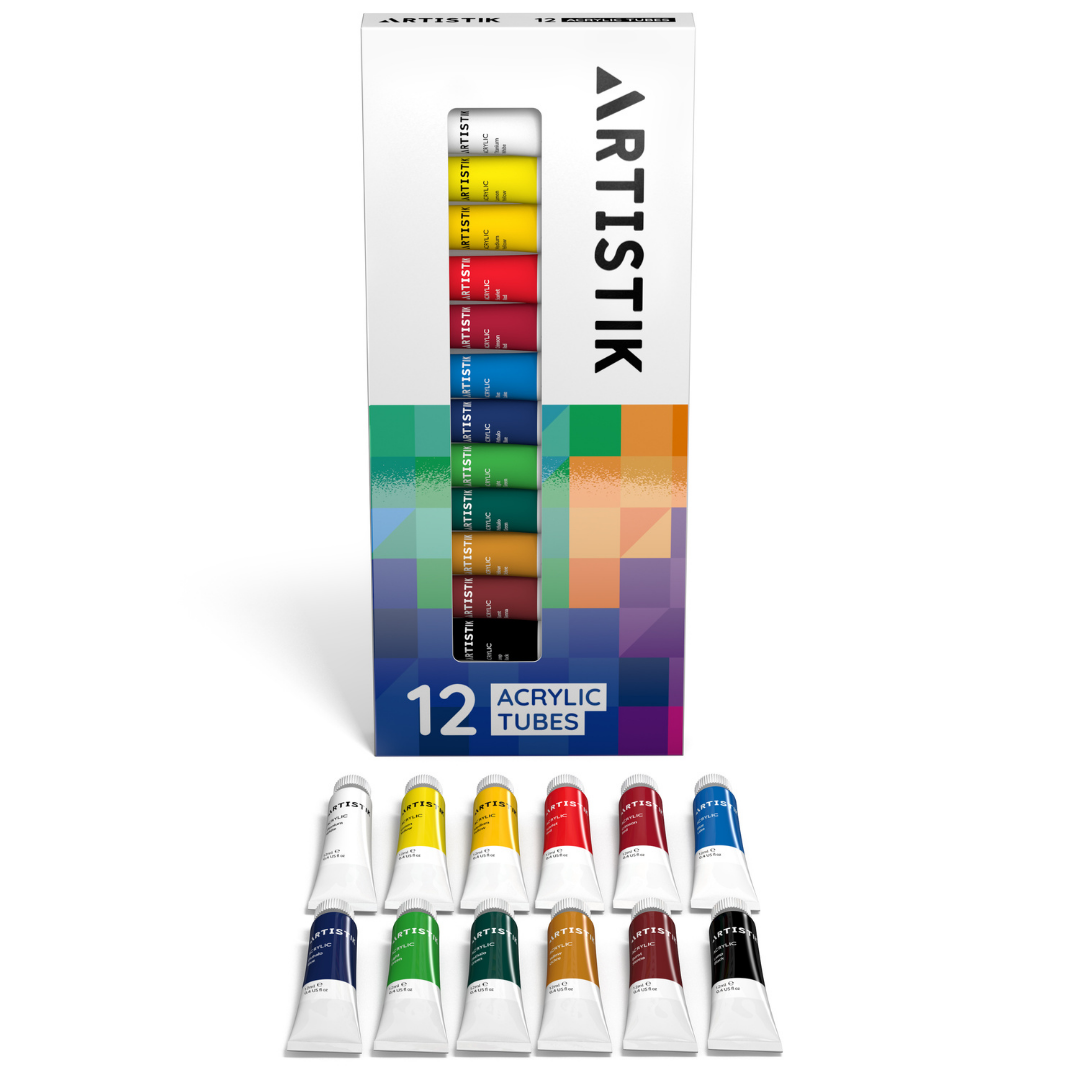Exploring Texture Techniques in Acrylic Painting

Texture in painting isn't just about looks; it's about how your art feels. In this guide, we'll explore straightforward techniques, rooted in proven methods, to add a touchable quality to your acrylic paintings.
- Impasto Technique: Creating 3D Effects with Bold Strokes
The Impasto technique is like sculpting with paint. Use a palette knife or a brush to add thick layers of acrylic, creating a 3D texture on your canvas. It's easy and adds drama to your art by playing with light and shadows.
- Mixed Media Magic: Combining Elements for Extra Interest
Expand your toolkit by mixing materials. Try collage, sand, or small objects in your paint. This isn't just visually cool – it adds a touchable quality that goes beyond a flat canvas.
- Texture Gels and Pastes: Easy Ways to Add Dimension
Texture gels and pastes are like magic potions for adding texture. They come in different types, from fine to coarse, and are simple to use with brushes or palette knives letting you get creative with your textures.
- Stippling and Pointillism: Dotting Your Way to Detail
Stippling and pointillism involve using lots of small dots. With a fine brush or palette knife, you can create intricate textures by layering dots. It's easy and adds a special touch to your acrylic paintings.
Adding texture to your acrylic paintings isn't just a trick; it's a simple journey inspired by trusted methods. Each technique brings something unique to your art. So, enjoy experimenting, feel the textures, and dive into the exciting world of texture in acrylic painting. Happy creating!











Leave a comment